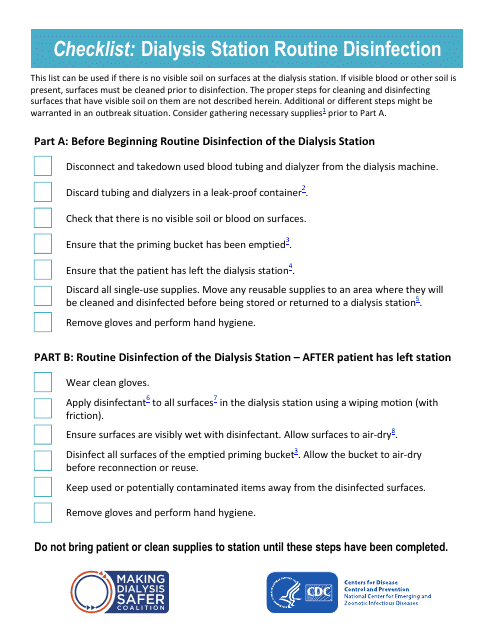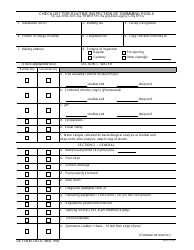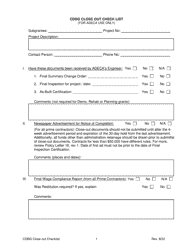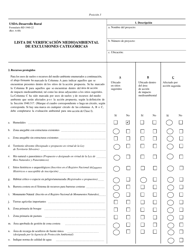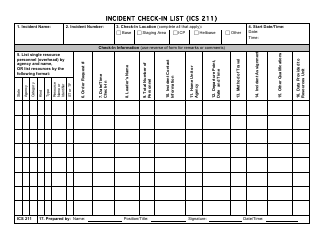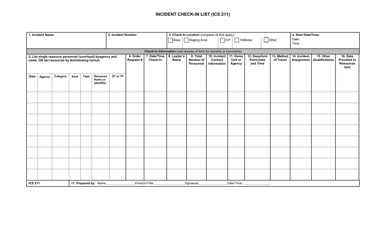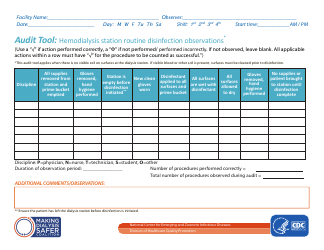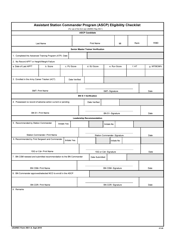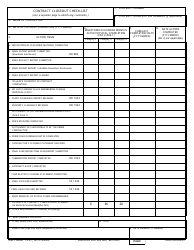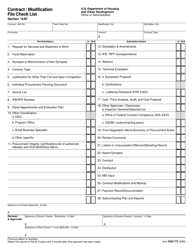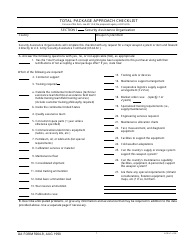Checklist: Dialysis Station Routine Disinfection
Checklist: Dialysis Station Routine Disinfection is a 2-page legal document that was released by the U.S. Department of Health and Human Services - Centers for Disease Control and Prevention and used nation-wide.
FAQ
Q: Why is routine disinfection necessary at a dialysis station?
A: Routine disinfection is necessary at a dialysis station to prevent the spread of infections and maintain a clean and safe environment for patients.
Q: What is a dialysis station?
A: A dialysis station is a specialized area in a healthcare facility where patients receive dialysis treatment.
Q: What is the purpose of disinfection in a dialysis station?
A: The purpose of disinfection in a dialysis station is to eliminate or reduce the number of microorganisms that can cause infections.
Q: What should be disinfected during a routine disinfection at a dialysis station?
A: During a routine disinfection at a dialysis station, surfaces, equipment, and supplies commonly touched by patients and staff should be disinfected.
Q: How often should routine disinfection be performed at a dialysis station?
A: Routine disinfection should be performed regularly, following established protocols and guidelines, to ensure adequate cleanliness and infection control.
Q: Who is responsible for performing routine disinfection at a dialysis station?
A: Healthcare professionals, specifically trained in infection control, are responsible for performing routine disinfection at a dialysis station.
Q: What disinfectants are commonly used for routine disinfection at a dialysis station?
A: Commonly used disinfectants for routine disinfection at a dialysis station include bleach solutions, quaternary ammonium compounds, and hydrogen peroxide-based products.
Q: Are there any specific guidelines or regulations for routine disinfection at a dialysis station?
A: Yes, there are specific guidelines and regulations issued by healthcare organizations and regulatory agencies that outline the recommended practices for routine disinfection at a dialysis station.
Q: Can routine disinfection at a dialysis station prevent all infections?
A: While routine disinfection is an important measure to prevent infections, it cannot guarantee the prevention of all infections. Adherence to infection control practices and other preventive measures are also necessary.
Form Details:
- The latest edition currently provided by the U.S. Department of Health and Human Services - Centers for Disease Control and Prevention;
- Ready to use and print;
- Easy to customize;
- Compatible with most PDF-viewing applications;
- Fill out the form in our online filing application.
Download a printable version of the form by clicking the link below or browse more legal forms and templates provided by the issuing department.
